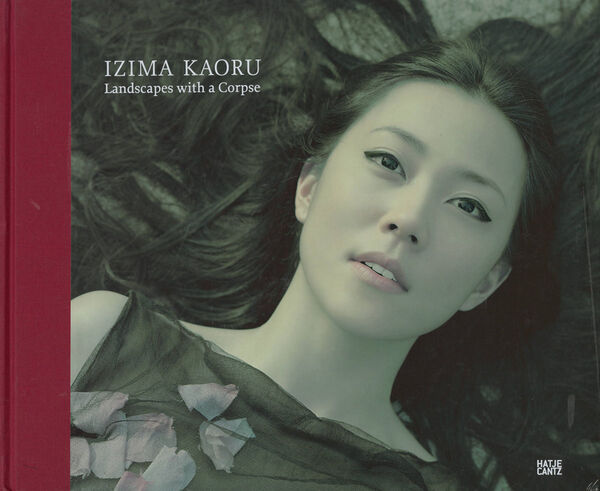Contact
art book cologne GmbH & Co. KG
Deutzer Freiheit 107
50679 Köln
Germany
Opening hours (office and showroom):
Monday to Friday 8 – 17
info@artbookcologne.de
Phone: +49 221 800 80 80
Fax: +49 221 800 80 82
About us
art book cologne, founded by Bernd Detsch in 1997, is a wholesale company and specializes in buying and selling high quality publications in art, art theory, architecture, design, photography, illustrated cultural history and all related subjects internationally. Our team includes specialists in art, culture, music, book trade and media but in spite of our diversity we have one common ground: the enthusiasm for unique art books.
We purchase remaining stocks from museums, publishers and art institutions. We sell these remainders to bookstores, museum shops, and art dealers all over the world.
Izima Kaoru – Landscapes with a Corpse
| Publisher | Hatje Cantz |
| Year | 2008 |
| Cover | Halfcloth |
| Language | German, English |
| ISBN | 978-3-7757-2237-7 |
| Pages | 192 |
| Weight | 2040 g |
| Illustrations | with 171 col. ills |
| More | |
| Contributors | Roy Exley, Yuko Hasegawa & Peter Weiermair |
| Article ID | art-12771 |
“The death of a beautiful woman is unquestionably the most poetical topic in the world,” wrote Edgar Allan Poe. And one is tempted to be of the same opinion when considering Ophelia, Madame Bovary, or Anna Karenina. This concept is also deeply rooted in Far Eastern culture: Buddhism even recommends daily meditation on one’s own death.
The Japanese artist Izima Kaoru (*1954 in Kyoto) lets the most beautiful of the beautiful generate ideas about their own impermanence, about their own death, which he then translates into images. Starting with classic and strict landscape photographs, his highly aesthetic images slowly approach the victims of self-inflicted or external violence—right through to detailed close-ups of their faces—who have experienced death in perfect beauty.
"Landscapes with a Corpse" assembles for the first time all of the photographic epics created by Izima since 1993. Japanese film divas and models, but also European actresses such as Barbara Rudnik or Helena Noguerra, are posed in perpetual beauty in gowns by Prada, Gucci, and Dior. The visual sources range from traditional Japanese Ukiyo-e woodcuts to Pop Art—and the results are always characterized by a bewitching melancholic beauty, and sadness.

